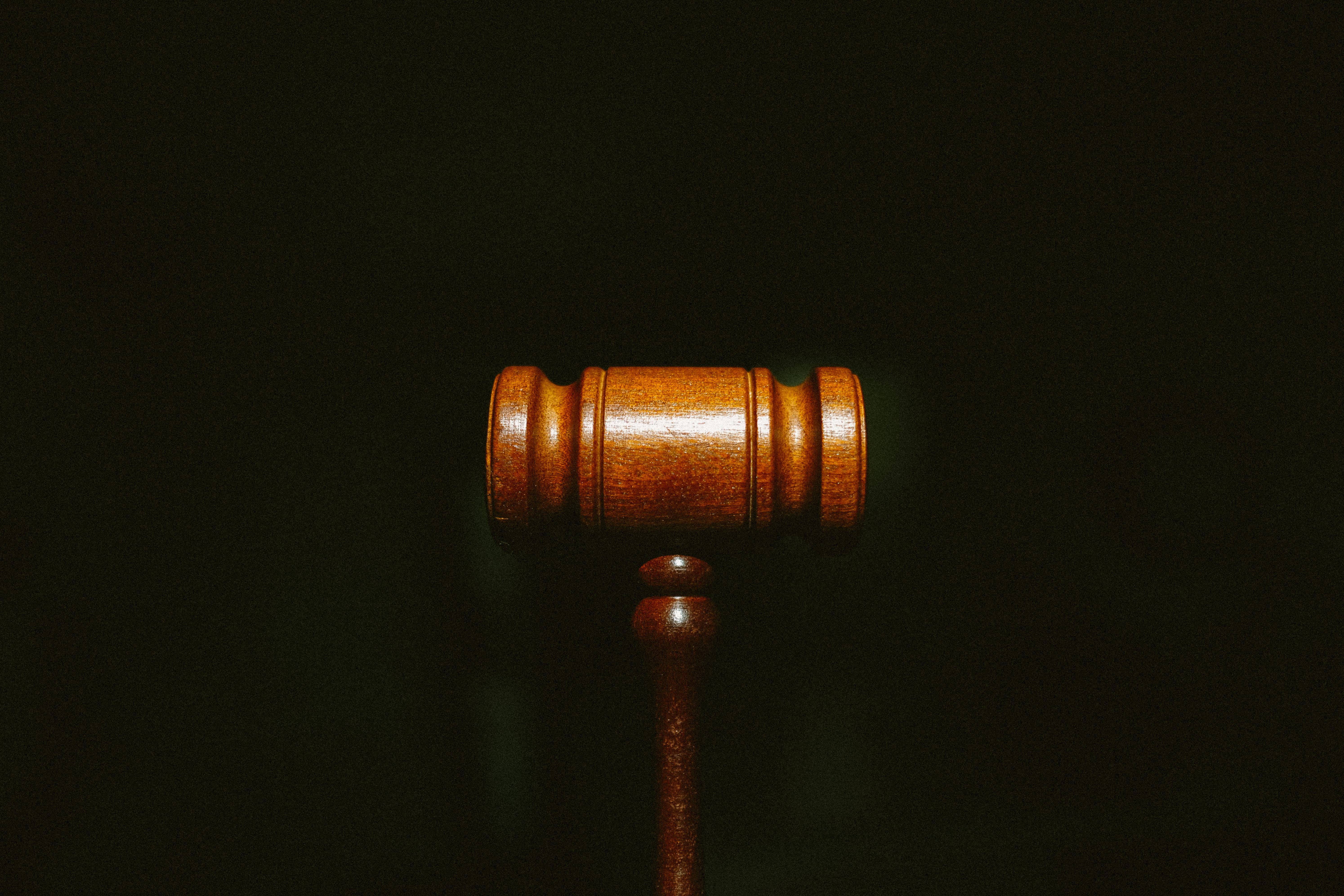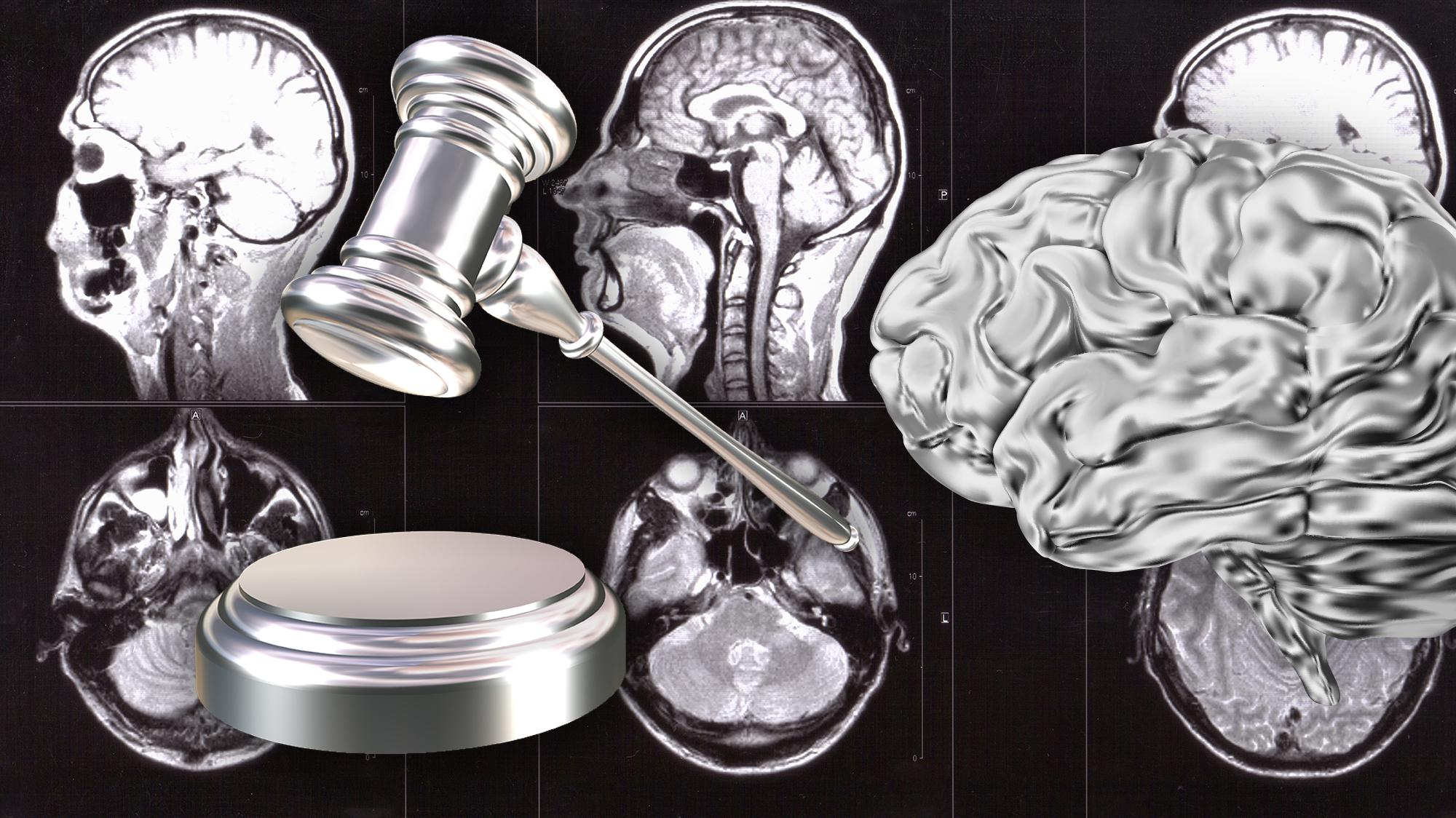Supreme Court to hear 3 cases on LGBT workplace discrimination

(Photo by Andres Pantoja/SOPA Images/LightRocket via Getty Images)
- The Supreme Court will decide whether the Civil Rights Act of 1964 also applies to gay and transgender people.
- The court, which currently has a probable conservative majority, will likely decide on the cases in 2020.
- Only 21 states and the District of Columbia have passed laws effectively extending the Civil Rights of 1964 to gay and transgender people.
The Supreme Court announced on Monday plans to hear three cases that will help decide the future of workplace rights for gay and transgender Americans. The key question the high court will answer is: Do workplace protections guaranteed by the Civil Rights Act of 1964, which outlaws discrimination based on race, color, religion, sex or national origin, also apply to gay and transgender Americans?
It remains an open question among the nation’s courts, legal scholars and politicians. For example, the Obama Administration-era Justice Department maintained that the law prohibits sexual-orientation discrimination in the workplace. The Trump Administration maintains the opposite view.
The Supreme Court will hear two cases related to sexual-orientation discrimination, and one involving discrimination against transgender people. Of the sexual orientation cases, one comes from New York’s Second U.S. Circuit Court of Appeals. The court allowed the late Donald Zarda, a skydiving instructor, to sue his former employer, which Zarda alleged fired him because he was gay. The court found that “sexual orientation discrimination is motivated, at least in part, by sex and is thus a subset of sex discrimination.”
In Atlanta, the 11th Circuit Court reached the opposite conclusion in a case brought by a child welfare services coordinator who alleged he was fired for being gay. The court wrote a brief opinion that stated “discharge for homosexuality is not prohibited by Title VII,” referring to the sex clause of the Civil Rights Act of 1964.
To decide on whether the workplace protections of Title VII should extend to transgender people, the Supreme Court will also hear a case brought by a Michigan funeral home worker named Aimee Stephens, who alleged she was fired after declaring that she was transgender and would begin wearing women’s clothing.
The United States Court of Appeals for the Sixth Circuit, in Cincinnati, decided that Title VII should also protect transgender people.
“It is analytically impossible to fire an employee based on that employee’s status as a transgender person without being motivated, at least in part, by the employee’s sex,” the court wrote, adding, “Discrimination ‘because of sex’ inherently includes discrimination against employees because of a change in their sex.”
Still, it remains unclear where the Supreme Court will fall on both issues when it hears the cases, likely in the first half of 2020. It’s worth noting the recent departure of Justice Anthony Kennedy from the high court: Although Kennedy was appointed by a Republican administration, he often sided with the court’s more liberal justices on issues of gay rights.
It’s unclear how his successor Justice Brett Kavanaugh will decide on the upcoming cases.
Most U.S. states don’t prohibit discrimination against LGBTQ Americans
In most U.S. states, there are no laws prohibiting discrimination against LGBTQ people in the workplace, housing or public accommodations. According to the Movement Advancement Project, 21 states and the District of Columbia have passed laws that prohibit discrimination based on sexual orientation and gender identity, while three states provide some form of LGBTQ workplace protections.
In other words, an estimated half of LGBTQ Americans live in places with no state or federal laws that prohibit sexual orientation- or gender identity-based discrimination. But that could change in an instant, if the Supreme Court decides the protects of the Civil Rights Act of 1964 should extend to gay and transgender Americans.





